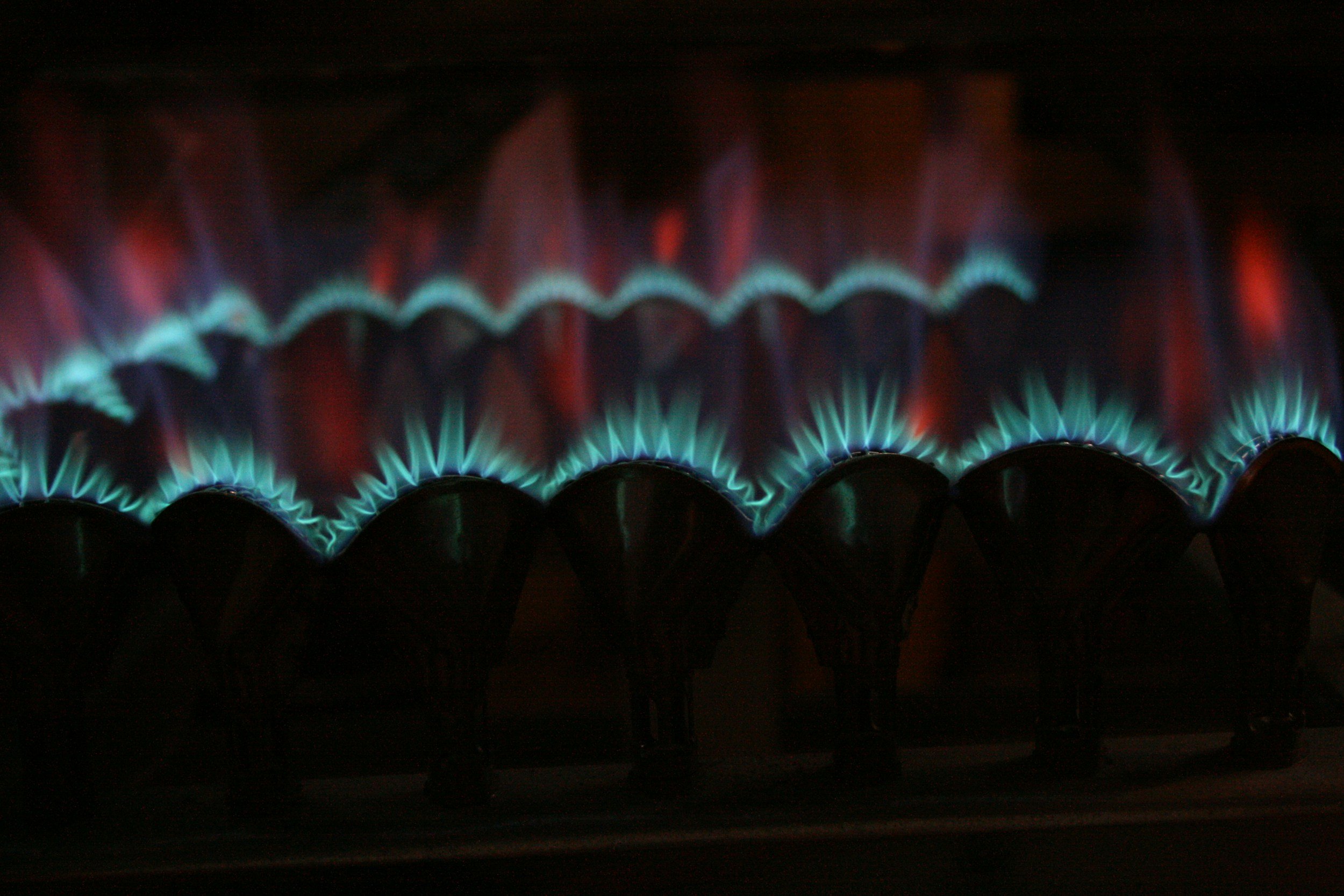The Cost to Produce Green Hydrogen.
Published July 22, 2020 by Clayton Mathias.

The price of Hydrogen at the pump in Germany is €9.50/kg-H2, but what does it cost to produce?
Hydrogen (H2) has been widely produced and utilized throughout our recent history. However, eager focus is now on Green Hydrogen produced via the electrolysis of water utilizing renewable electricity. Electrolysis splits water molecules into separate molecules of hydrogen and oxygen, with zero carbon associated in the process.
The deployment of Green Hydrogen presents opportunities to further decarbonize the industrial, heat, transport and mobility sectors. These sectors are considered more challenging to address with respect to emissions reduction.
Grey Hydrogen accounts for the majority of hydrogen production today. It is produced by natural gas reforming, at a cost in the range of €1.50/kg-H2. This assumes an approximate carbon cost of €25/Tonne-CO2, and an emission rate of 10 kg-CO2/kg-H2.
Blue Hydrogen on the other hand, relying on carbon capture and storage (CCS), can currently be produced at a cost in the range of €2.50/kg-H2. This assumes an approximate CCS cost of €100/Tonne-CO2. The above costs do not account for transport, handling and distribution.
So how does Green Hydrogen stack up against its Grey and Blue counterparts?
Let's look at the simplified example below.
Assuming a 2 MW, PEM electrolysis installation with 100% renewable electricity supply (i.e., €0.05/kWh PPA plus grid fees), and publicly available hydrogen production and cost metrics - I estimate a Green Hydrogen cost in the range of €5.25/kg-H2 is feasible at this time.
Note the significant impact of electricity pricing, on the per unit cost of Hydrogen; it is a major operating cost to optimize.
It's fair to say that we will see further cost reduction, as the above example does not account for the lower cost replacement of the initial electrolysis stack, after the 4 year run-life expires. Sources such as IRENA estimate the subsequent replacement cost to be in the range of 40 percent of the initial CAPEX. Further cost efficiencies in the manufacturing of electrolysis equipment will enhance the per unit cost of Green Hydrogen, as will strategies to capture lower electricity pricing through favorable PPAs, or peak shaving strategies for example.
Some sources predict the cost of Green Hydrogen production in the next 3 years to reach a range of €3 to €4/kg-H2, thus becoming even more competitive with natural gas derived hydrogen.
Read the next insight.

